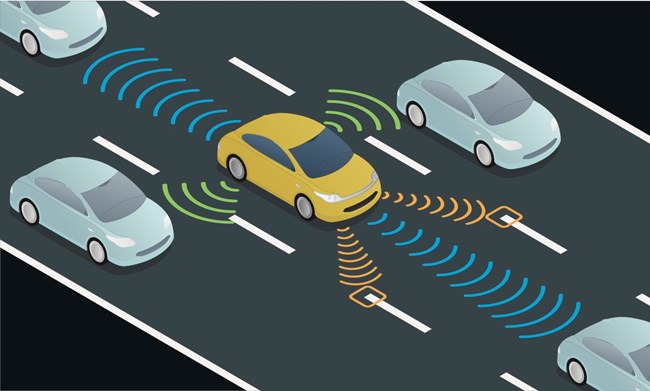We use cookies to ensure that we give you the best experience on our website. If you continue without changing your settings, we will assume that you are happy to receive all cookies on the Business Car website. However, if you would like to, you can change your cookies at any time

The start point for the best source of fleet information |
More than half of UK drivers think autonomous cars are already available, Thatcham Research warns
Date: 08 November 2022 | Author: Sean Keywood

52% of UK drivers erroneously believe fully autonomous cars are already on the market, according to a study by Thatcham Research.
The finding came despite the fact that only assisted driving systems, which require driver support, are currently available.
Thatcham Research chief strategic research officer Matthew Avery said: "Realising the government's stated safety ambition for automated vehicles is dependent on driver education. This can't just be lip service.
"With more than half of the UK public believing that autonomous driving is here today, the perception is racing ahead of the reality. This demonstrates just how much work needs to be done to set realistic consumer expectations of the first vehicles offering limited self-driving functionality, when they do become available.
"Put simply, the benefits of automation will not be delivered if people don't fully understand its limitations."
UK roads will potentially see the introduction of vehicles with some self-driving capability by 2025, however these automated lane keeping systems will still only be allowed on motorways, and the driver will still need to resume control as required.
Other findings of the study included that 73% of UK motorists recognise the benefits of emerging automated driving technology.
This included 21% who considered a benefit to be improving safety through reducing human error, 14% for improving mobility for the elderly and disabled, and 8% for reduced pollution through fewer traffic jams and unnecessary acceleration/deceleration.
Avery said: "Drivers are beginning to recognise that automation can deliver significant societal benefit in terms of safety, mobility and sustainability.
"However, with safety being such a high priority for drivers, accidents that do occur will be scrutinised under the media microscope, quickly eroding consumer confidence.
"The industry must be cautious with the language employed to sell automation and drivers must be made aware of the limitations of systems, a small number of which are already on sale and in-use in Germany with ALKS fitted. This is vital not only during the early stages of adoption but also as we move towards fuller levels of automation."











